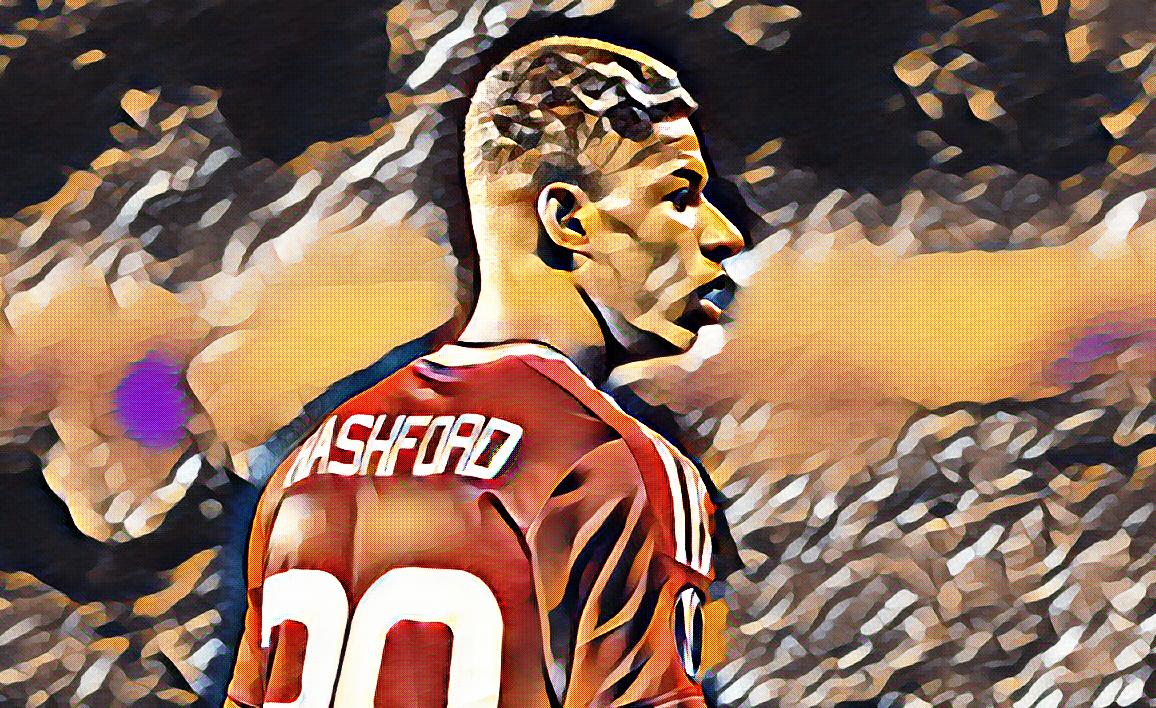Sir Alex Ferguson once said, “Young people surprise you when given the opportunity.”
Ryan Giggs was a sight of gangly legs and a black mop of curly hair when he replaced Denis Irwin against Manchester City in 1991. He showed mastery of ball control lined with a raw talent for leaving defenders in his wake. Early on he sometimes struggled to find a killer pass, a telling stroke, that elusive final product. He ended that particular game credited with a deflected goal in a narrow 1-0 United victory. The promise of the young Welshman was undeniable.
There are stories that John O’Shea was so exhausted at half time in a pre-season friendly against Sporting Lisbon after being given an almighty run around from a young Portuguese winger. By the end of the game United players were so forthright in their call to sign the youngster that Ferguson sealed the deal before the flight home. Cristiano Ronaldo’s Manchester United journey had started. His debut came as a second half substitute with half an hour remaining and United leading Bolton 1-0. By the time the full-time whistle blew, United had won 4-0. The stepovers, dribbles, pace, and an outrageous haircut were unlike anything the Premier League had ever seen. At times dubbed a show pony, his decision-making was sometimes poor and led to a complete breakdown of relationship with Ruud van Nistelrooy. But Ronaldo’s promise was too much to ignore and van Nistelrooy departed, making way for the rise of Ronaldo.
It is a common thread in the narrative of an exciting young player’s development. Their instinct, automatic fluency of technique and sprightly physical attributes earn the label of ‘promising’. But players can only be promising for so long. Further development comes from mental toughness and resilience. An embedding of a desire and drive to win. To be able to lift and inspire others to the same expected heights. Giggs and Ronaldo blossomed under Ferguson’s guidance and took his mindset of improvement and his desire to win to fulfil their potential.
Marcus Rashford’s footballing education has unfolded in the United youth academy. Even in his absence, the curriculum and philosophy is still very much Alex Ferguson’s. Rashford, used as a rotation player last season, has featured much more prominently this campaign. Although his position deployment has varied throughout 2016/17 he has continued to impress. In no greater way than his performance against Chelsea in April 2017. He gave United the lead inside ten minutes after running in behind David Luiz to meet a sublime through ball from Ander Herrera. A superb move despite the whole sequence being punctuated by a handball from the Spaniard.
Luiz has been outstanding this season for Chelsea. His major weakness for some time has been positional sense and under Conte’s guidance he has shown improvement. But in the early stages of the game he buckled under the pressure of the electric crackle of Marcus Rashford – and never recovered. The Chelsea defence have been solid and comfortable for much of this season and they have not had to deal with a force as threatening as the 19-year-old. He was uncontainable. Bristling with confidence and desirous of victory.
In the days after the Chelsea game, United were taken to extra time by Anderlecht in the Europa League. It was a poor team performance with Rashford as undoubtedly the best player on the pitch. A highlight was gliding past a defender on the right wing and crossing with an audacious rabona to Paul Pogba. Had the Frenchman scored with his connecting bicycle kick it would have been an unforgettable goal. The decisive bullet in United’s progression to the semi-final came in the 107th minute with Rashford’s sideways Cruyff turn and calm finish into the bottom left-hand corner.
He poses a constant threat because of an unrivalled willingness to run, chase and press. His speed gives United a fresh dynamism boldly lacking in the post-Ferguson era. The other United players see it and follow in flurries. There is a feeling that one killer ball for him to run on to is all that is needed. He offers Manchester United something different to Zlatan Ibrahimovic. Despite Zlatan’s ability to score out of half, or less, of a chance, other teams he has played for have also fallen foul of the same problem. Teams become predictable when they direct every attack towards a target man. And if that threat is neutralised – so is every attack. United are in a similar situation Alex Ferguson solved by letting Ruud van Nistelrooy go in order to take advantage of the blazing speed and free-flowing creativity of Ronaldo, Rooney and Tevez.
In Zlatan’s absence, not alone is Rashford leading the front line, but he is leading by example. His Europa League performance against Celta Vigo proved he is developing formidable mental strength and toughness – a trait of all great players. He took responsibility for a free-kick and duly dispatched a bending effort far out of Sergio Alvarez’s reach. Not only the first set piece goal of his short career, but also his first goal from outside the box, he showed the stands an ability concealed up to this point. Mourinho credited the goal down to hard work. Echoing comparison to the hours of practice David Beckham and Cristiano Ronaldo put into their free taking exploits.
Rashford, who has predominantly played out wide this season, has shown when he plays through the middle and is not required defensively – his movement cannot be easily predicted or tracked. And when he is on it – like against Chelsea – he can be rampant. When given games as centre forward and time to fine tune his raw talent he could become even more rampant. And with the right guidance – he could be irresistible.

